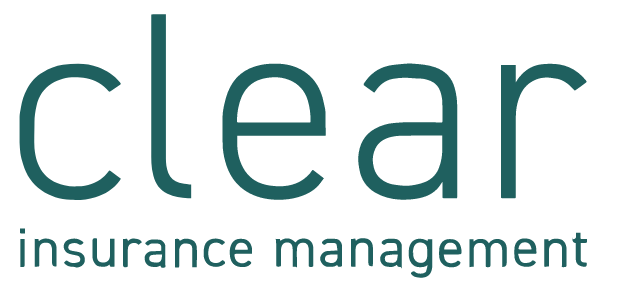Adapting to pandemic pressures
Amid all this operational and financial uncertainty, insurance may be affected. In particular, business interruption and liability insurance, where accurate financial data such as turnover, gross profit and payroll (all of which may have changed due to the pandemic) are used to set limits.
You may only learn that your business is underinsured when you make a claim. So, as restrictions ease and life gets back to normal, you must ensure that your sums insured are adequate and that you have sufficient coverage to meet your business's needs in the event of damage or loss.
Ensuring you have the correct level of insurance cover is critical
Insurers base their premiums on the value of the risk that they're insuring, which is normally reached using information that the policyholder provides. However, you could be underinsured if you fail to:
- correctly assess the amount of insurance cover you need
- understand how to arrive at a suitable sum insured or limit of indemnity
- understand what a sum insured or limit of indemnity represents
- select an appropriate indemnity period for business interruption cover
- take account of the fact that accountancy definitions of gross profit are different to insurance definitions when arranging business interruption cover
- obtain up-to-date valuations
- keep sums insured under review from year to year
- recognise that policy standard limits are not always enough
- observe your obligations.
Under the Insurance Act 2015, businesses have certain obligations when applying for their insurance. The requirements of the Act are designed to help you get fairer treatment from your insurer in the event of a claim. However, they also require you to be strictly honest about the nature of your risk.
Top tips to avoid underinsurance
- Use a professional valuation service to help you decide on your sums insured. Regular valuations will help ensure accurate assessment. Here are some useful online tools https://abi.bcis.co.uk/ or http://www.rics.org/bcis.
- Sums insured for buildings should be based on the cost of rebuilding not the market value.
- Consider buying declaration-linked business interruption insurance because it provides an uplift of 33% as long as the sums insured and period of indemnity are initially correct and declarations are made when requested by insurers.
- Make sure your assessment of gross profit matches the one on your business interruption policy. Remember, accountancy and insurance policy definitions of annual gross profit are different.
- When selecting an indemnity period for business interruption, remember that 24 months is likely to be the minimum period needed for a business to fully recover its trading level and rebuild its customer base after a major incident.
- Liability insurance policies are complex.
- Make sure that you have considered the risk of claims against you and check whether you have taken on any liabilities under your terms of business contracts.
- New risks sometimes emerge. Consider how the risks to your business change, including areas of risk such as cyber or data protection. The cyber essentials tool can help you to guard against the most common cyber threats, and there are more in-depth tools available if you wish to contact us to discuss.
- Always check documentation carefully. Many insurers make an effort to draw your attention to the important conditions of your policy, but it is always important to check to make sure there are no errors.
- Disaster recovery or business continuity plans may help you recover after a loss.
- If buying a simple online package policy, check that the liability limits of indemnity, and business interruption indemnity periods and other standard policy limits are sufficient.
- Consider the cost of claims preparation; costs such as the cost of instructing an expert or accountant are not usually included in your insurance cover and can be expensive.
- Get help from a broker. We want to ensure that you buy the right insurance for your business and now have access to a range of online facilities, which can help set a more precise calculation of your sum insured. All we need is a copy of your accounts and a little bit of your time.
Click here for our full guide on avoiding underinsurance
Check your cover
Clear is on hand to help you review your policies and ensure that you are properly prepared in the event of a claim. If you'd like to find out more, speak to a Clear representative.






